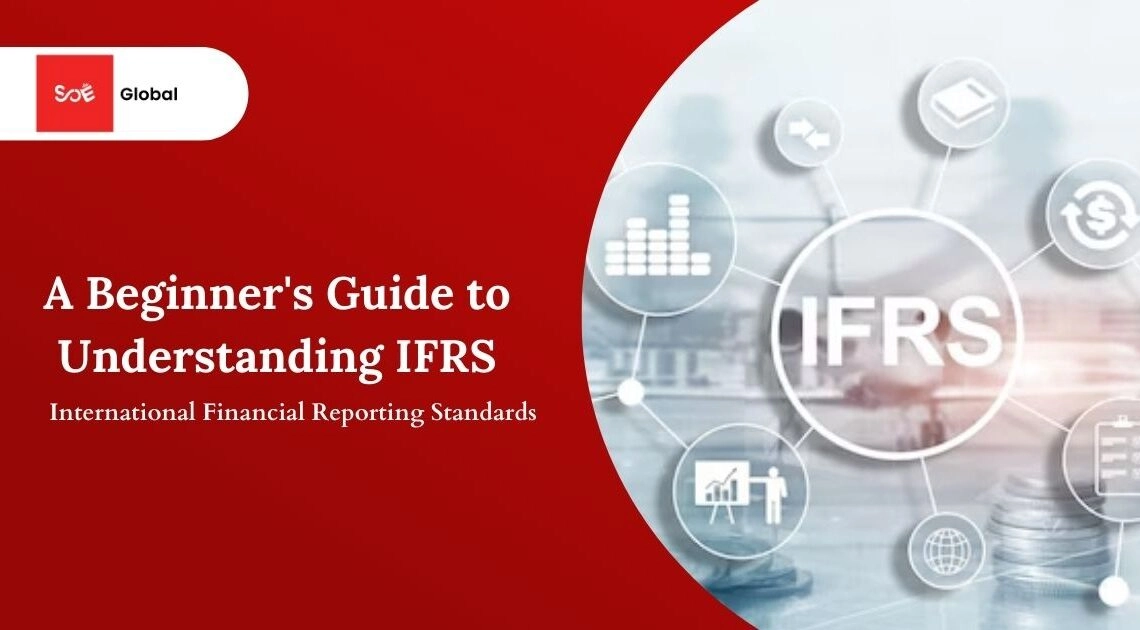When looking to advance your career, in finance or accounting acquiring a certification can greatly improve your opportunities. Some of the certifications in this field include the Certified Public Accountant (CPA) Chartered Financial Analyst (CFA) and Certified Management Accountant (CMA).
These certifications each offer various benefits. They are designed for specific career paths. In this article, we will delve into the distinctions between CPA vs CFA vs CM to help you decide which one best aligns with your aspirations.
Introduction
Deciding between CFA vs CPA vs CMA certifications can be overwhelming because each has its advantages and serves professional requirements. This article will present a comparison of CPA vs CMA vs CFA, regarding their exam formats, career prospects earning international recognition.
CPA vs CFA vs CMA
| S. No. | Aspect | CPA | CFA | CMA |
| 1 | Abbreviation | Certified Public Accountant | Chartered Financial Analyst | Certified Management Accountant |
| 2 | Exam Structure | 4 parts: AUD, BEC, FAR, REG | 3 levels: I, II, III | 2 parts: Financial Planning, Performance, and Analytics; Strategic Financial Management |
| 3 | Exam Format | Multiple choice, task-based simulations, written communication | Multiple choice, item sets, essay-style questions | Multiple choice and essay questions |
| 4 | Career Opportunities | Auditor, Tax Advisor, Forensic Accountant, CFO | Portfolio Manager, Research Analyst, Investment Banker, Financial Advisor | Financial Analyst, Cost Accountant, Budget Analyst, Finance Manager |
| 5 | Median Annual Salary | $119,000 | $106,000 | $107,817 |
| 6 | Global Recognition | Mainly in the U.S. and countries following U.S. accounting standards | Highly recognized globally in investment sectors | Acclaimed globally, valued by multinational enterprises |
| 7 | Exam Costs | $1,500 – $3,000 | $2,400 – $4,500 | $1,000 – $2,500 |
| 8 | Typical Completion Time | 12 – 18 months | 3 – 4 years | 6 – 18 months |
| 9 | Ideal For | Professionals in accounting, corporate accounting, government agencies, non-profits | Those pursuing careers in investment analysis and portfolio management | Professionals in finance and management accounting roles requiring strategic decision-making skills |
1. Exam Structure
CPA:
The CPA examination is overseen by the American Institute of Certified Public Accountants (AICPA). Comprises four parts;
- 1. Auditing and Attestation (AUD)
- 2. Business Environment and Concepts (BEC)
- 3. Financial Accounting and Reporting (FAR)
- 4. Regulation (REG)
Each section lasts four hours. Includes multiple choice questions, task based simulations well, as written communication tasks.
CFA:
The CFA exam, conducted by the CFA Institute comprises three tiers:
- Level I: Focuses on basic knowledge and comprehension.
- Level II: Emphasizes application and analysis.
- Level III: Concentrates on synthesis and evaluation, with a focus on portfolio management and wealth planning.
Every tier includes multiple choice questions, item sets, and essay-style questions with exams usually scheduled once or twice annually.
CMA:
The CMA exam, provided by the IMA is divided into two sections:
- 1. Financial Planning, Performance, and Analytics
- 2. Strategic Financial Management
Each section contains 100 multiple choice questions and two essay prompts. The exams are held at times throughout the year.
2. Career Opportunities
CPA:
CPAs are qualified, for a range of positions in accounting, corporate accounting, government agencies and non-profit organizations. Common job titles include Auditor, Tax Advisor, Forensic Accountant and Chief Financial Officer (CFO).
CFA:
CFAs are in demand in fields such as investment management, equity research and financial analysis. Typical roles include Portfolio Manager, Research Analyst, Investment Banker and Financial Advisor.
CMA:
CMAs specialize in management accounting and strategic financial management. They often hold positions in finance such as Financial Analyst, Cost Accountant, Budget Analyst and Finance Manager.
3. Salary Potential
CPA:
According to the AICPA data the median annual salary for CPAs in the United States is around $119,000. CPAs often receive salaries due to their expertise, in auditing, taxation laws compliance.
CFA:
As, per information from Glassdoor, the salary for a CFA in the United States stands at around $106,000. However this figure can vary based on factors like the industry they’re in their job title and how years of experience they have.
CMA:
The IMA Global Salary Survey shows that CMAs make a salary of $107,817 annually. Moreover holding the CMA designation leads to a boost, in salary with CMAs earning 63% in total compensation compared to their non certified counterparts.
4. Global Recognition
CPA:
The CPA certification is mainly acknowledged in the United States. It also holds esteem, in nations following U.S. Accounting standards. It proves advantageous for professionals employed in companies with operations in the U.S.
CFA:
The CFA accreditation enjoys recognition and high regard within the investment sectors across the globe. It stands out as the choice for individuals pursuing careers in investment analysis and portfolio management.
CMA:
The CMA certification holds acclaim. Is highly valued by multinational enterprises. It particularly benefits professionals engaged in finance and management accounting positions that necessitate strategic decision making abilities.
5. Exam Costs and Duration
CPA:
The overall expenses associated with the CPA exam encompassing application fees, exam fees and study resources vary from $1,500 to $3,000. Typically candidates complete the certification, within a timeframe of 12 to 18 months.
CFA:
The costs related to the CFA exam covering registration fees and study materials for all three levels range from $2,400 to $4,500. Most candidates take three to four years to finish the CFA program.
CMA:
The expenses linked with the CMA exam, including IMA membership dues, entry charges and examination fees range between $1,000 to $2,500. Candidates commonly achieve certification within a period of 6 to 18 months.
SOE Global: Guiding the Next Generation of Financial Professionals
Situated in Chennai SOE Global is committed to understanding and meeting the requirements of budding accountants and finance experts. Our focus is, on providing top notch tutoring and extensive learning resources to support students in achieving success.
Conclusion
Deciding among the CFA vs CMA vs CPA certifications relies on your career aspirations, areas of interest and the specific field you aim to enter. The CPA is ideal for those pursuing careers in public accounting and regulatory compliance. The CFA is the best choice for professionals aiming for investment management and financial analysis roles. The CMA is perfect for those focusing on management accounting and strategic financial management.
Are you ready to take the next step in your finance career? Contact us at 073580 02200 for a free consultation and personalized advice on which certification is right for you. Our experts at SOE Global are here to guide you every step of the way. Don’t wait—start your journey to professional success today!
Have questions or need further clarification? Leave a comment below, and let’s discuss which certification fits your career goals best!
FAQs Related To CPA vs CFA vs CMA
Can I pursue more than one certification?
Yes, many professionals choose to pursue more than one certification to broaden their expertise and career opportunities. For example, combining CPA and CFA can be particularly powerful in financial services.
How long does it take to complete each certification?
The CPA typically takes 12 to 18 months, the CFA takes about three to four years, and the CMA can be completed in 6 to 18 months.
What kind of study support does SOE Global offer for these certifications?
SOE Global provides comprehensive coaching, personalized study plans, and extensive resources to help candidates succeed in their certification exams.
Are there any regional preferences for these certifications?
The CPA is highly preferred in the United States, the CFA has global appeal especially in financial markets, and the CMA is valued internationally, particularly in Asia and the Middle East.




